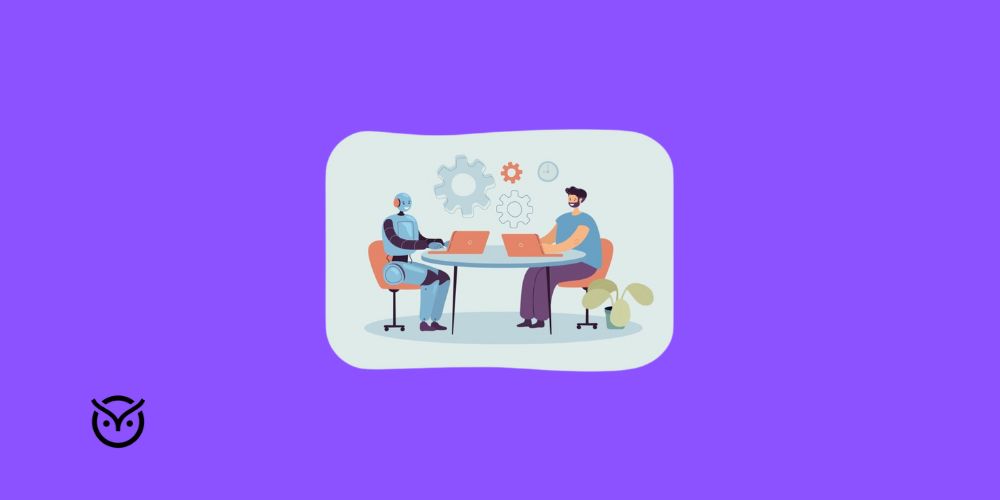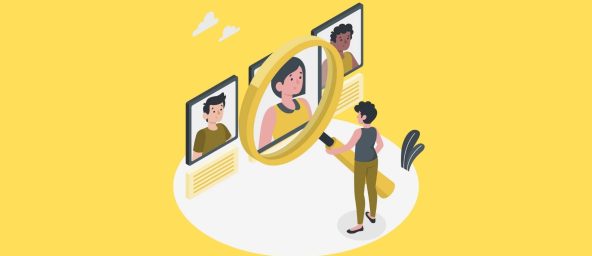
TL;DR
- Candidates prefer AI job interviews in hiring due to comfort and convenience.
- The US takes a lead in AI-interview adoption due to tech maturity.
- Transparency, model testing, and human review, AI-scoring depends on these factors.
Hiring has changed fast, and many candidates now feel more pressure during the first screening round. Live calls can be rushed, unpredictable, and sometimes biased. People worry about tone, background noise or how early should you arrive for an interview just to make a good first impression. New tools are helping fix this. AI interviews now give candidates more time, clearer instructions, and a calmer way to share their answers.
This blog explains why candidates prefer AI job interviews in hiring, what makes these tools safe, and how they are shaping the future of talent selection. Much of this shift connects to broader changes in HR tech in the recent AI recruitment trends.
Why Some Regions Prefer AI Interviews – Especially the US
AI interviews are growing worldwide, but adoption in the US is moving faster. A 2019 report from IAPP showed that more than 1 in 4 US companies use AI in hiring for early screening.
One reason is a strong culture of testing new tools. Many US recruiters are already comfortable with digital assessments, which explains why do recruiters in AI psychometric assessment prefer the US for AI-powered hiring. The US job market also moves quickly, so teams rely on tech that speeds up shortlisting without long scheduling delays.
For candidates, this means more stable screening steps. Instead of last-minute calls, they get flexible windows to record answers.
This predictable format reduces stress and helps explain why candidates prefer AI job interviews in hiring across major US-based roles. These trends reflect the growing adoption of structured interview workflows on AI interviewing within the full recruitment lifecycle.
Are AI Interviews Safe for Candidate Scoring?
A major concern candidates have is whether AI scoring is safe. Fair scoring depends on how models are trained and tested.
A 2023 study from NIST found that transparent model auditing reduces the risk of bias across automated systems. This is why strong tools publish how they handle audio, text, or video inputs. Platforms using AI screening tools must follow three rules:
• Clear explanation of what is being scored
• Regular testing by independent researchers
• Human review before final decisions
These steps answer the question is it safe to use AI for candidate scoring in both large and small companies. When systems follow these safety checks, candidates say they feel more trust in the fairness of early evaluation. This is another reason why candidates prefer AI job interviews in hiring as the first step in the process.
This focus on transparency connects with how teams use AI dashboards to monitor hiring steps of AI-powered recruitment dashboards.
Why Candidates Prefer AI Over Live Screenings
Many candidates say AI interviews feel more comfortable than live calls. AI interviews reduce this stress because:
• There is no live audience watching
• Candidates can choose their recording time
• Instructions are consistent for everyone
• No interruptions or unexpected questions
Some candidates also feel they get a more equal chance when answering preset questions. That sense of fairness improves completion rates and confidence.
The Psychological Factors Behind AI Interview Preference
Psychology plays a big role in interview comfort. Many people feel social pressure when speaking to a stranger. AI removes some of that pressure, making the experience feel safer.
Three major psychological factors stand out:
1. Low Social Anxiety
People with mild or moderate interview anxiety feel less judged when speaking to a camera instead of a recruiter. This increases clarity and reduces on-the-spot panic.
2. A Predictable Structure
AI interview steps stay the same for every applicant. This gives a sense of control and explains another layer of why candidates prefer AI job interviews in hiring.
3. Reduced Fear of Biasness
A 2024 report stated that structured interviews reduce bias significantly compared to informal conversations.
Conclusion
AI interviews are shaping the future of hiring because candidates feel more comfortable, more prepared, and more in control. The mix of flexibility, structure, and reduced social stress explains why candidates prefer AI job interviews in hiring across many industries.
Safe scoring practices, strong transparency, and human review keep these tools reliable. While AI does not replace real conversations, it does help candidates start the process in a calmer and more equal environment.
FAQs
Q1. Are AI-scored interviews fair?
Fairness depends on the platform. Tools that use transparent scoring, bias testing and human oversight show the best results.
Q2. Why is the US ahead in AI hiring adoption?
The US adopts tech faster because of market speed, tool availability and HR openness to experimentation.
Q3. Do AI interviews replace live conversations?
No. They handle early screening, but human interviews still guide the final decision.




